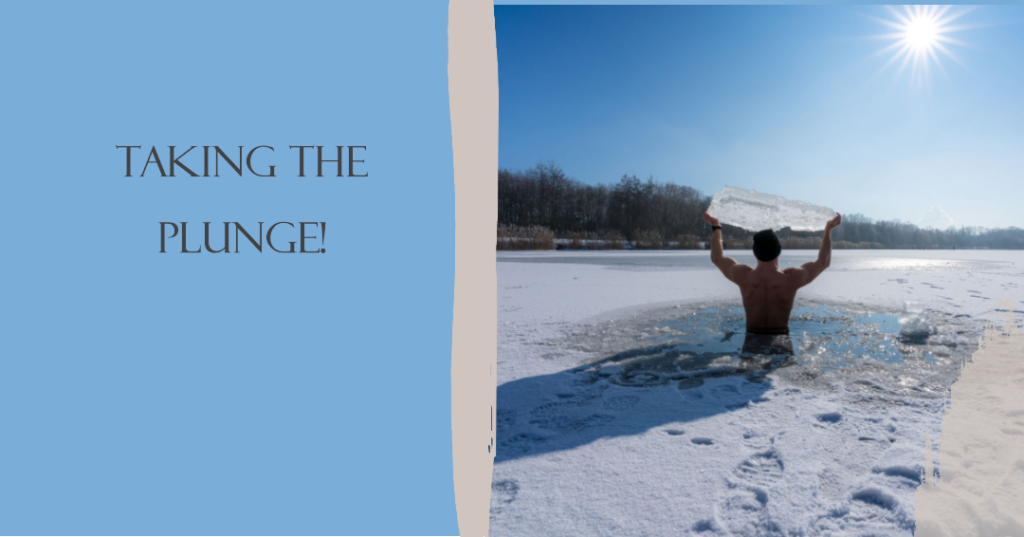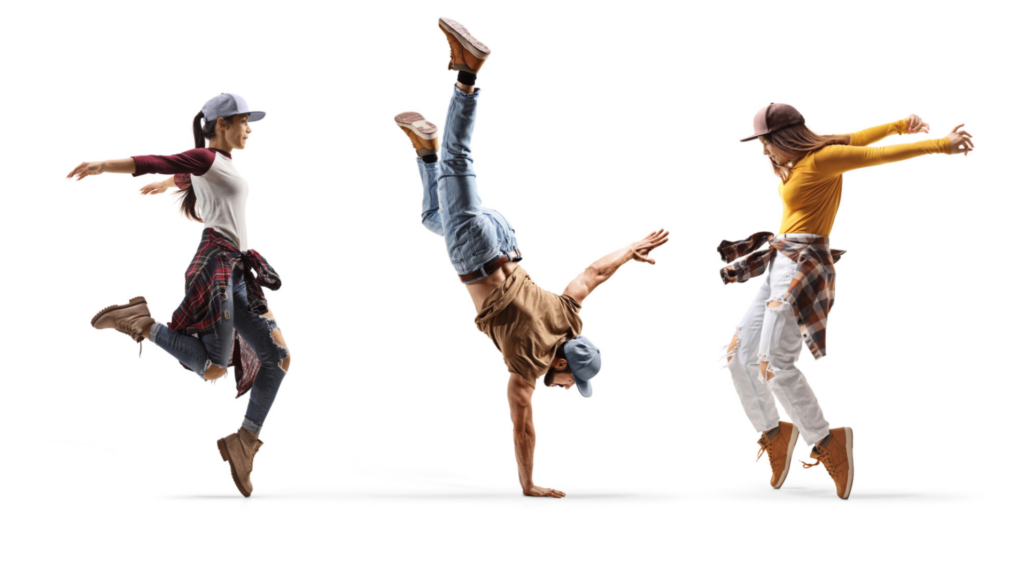Are you seeking an invigorating and refreshing way to boost your mental and emotional well-being? Look no further than cold water immersion. While the idea of immersing oneself in cold water may initially seem daunting, it offers a plethora of psychological benefits that can significantly improve your overall quality of life. In this article, we will explore the fascinating world of cold water immersion and delve into its profound effects on the human psyche.
1. Introduction
Cold water immersion, also known as cold hydrotherapy or cold thermogenesis, is the practice of exposing your body to cold water for therapeutic purposes. From ancient cultures to modern-day enthusiasts, this practice has been embraced for its remarkable physical and psychological advantages. In recent years, scientific research has shed light on the profound impact that cold water immersion can have on our mental and emotional well-being.
2. What is Cold Water Immersion?
Cold water immersion involves subjecting the body to temperatures below 70°F (21°C) for a brief period. This can be achieved through various methods, such as taking cold showers, submerging oneself in ice baths, or engaging in cold water swimming. The intensity and duration of the immersion can be tailored to individual preferences and tolerance levels.
3. The Science Behind It
3.1 Cold Water and Endorphins
One of the primary mechanisms behind the psychological benefits of cold water immersion is the release of endorphins, often referred to as the “feel-good” hormones. When exposed to cold water, the body triggers a response that releases endorphins, resulting in an instant mood boost and heightened feelings of well-being.
3.2 Cold Water and Blood Circulation
Cold water immersion stimulates blood circulation by causing vasoconstriction, a narrowing of the blood vessels. This constriction forces the blood to circulate more efficiently, flushing out toxins and supplying vital nutrients to various organs, including the brain. Improved blood circulation can lead to increased mental alertness, improved focus, and enhanced cognitive performance.
3.3 Cold Water and Stress Relief
Cold water immersion has a unique ability to alleviate stress. Exposure to cold water activates the sympathetic nervous system and triggers the release of norepinephrine, a hormone that helps the body adapt to stress. Regular cold water immersions can improve the body’s resilience to stressors, leading to a more balanced and resilient mental state.
4. Physical Benefits
In addition to the psychological advantages, cold water immersion also offers various physical benefits that contribute to overall well-being.
4.1 Improved Immune Function
Cold water immersion has been shown to boost the immune system. The cold temperature stimulates the production of white blood cells, which play a crucial role in defending the body against infections and diseases. Regular cold water immersion can strengthen the immune system, reducing the risk of illnesses and improving overall health.
4.2 Enhanced Muscle Recovery
Cold water immersion is highly effective in reducing muscle inflammation and accelerating recovery after intense physical exercise. The cold temperature helps constrict blood vessels, minimizing swelling and decreasing muscle soreness. Athletes and fitness enthusiasts often incorporate cold water immersion into their training routines to expedite the muscle recovery process.
4.3 Increased Metabolism
Cold water immersion can stimulate the metabolism, leading to an increase in calorie expenditure. The body works harder to maintain its core temperature in a cold environment, resulting in a higher metabolic rate. This can be beneficial for individuals aiming to manage their weight or improve their overall metabolic health.
5. Mental and Emotional Benefits
The psychological benefits of cold water immersion are equally remarkable, contributing to improved mental health and emotional well-being.
5.1 Mood Enhancement
Cold water immersion has a profound impact on mood regulation. The release of endorphins during cold water exposure leads to an immediate uplift in mood, promoting feelings of happiness and euphoria. This natural mood-enhancing effect can be particularly beneficial for individuals experiencing symptoms of depression or low mood.
5.2 Reduced Anxiety and Depression
Studies have shown that cold water immersion can effectively reduce symptoms of anxiety and depression. The combination of endorphin release, improved blood circulation, and stress relief contributes to a more balanced and positive mental state. Cold water immersion can serve as a complementary therapy to traditional approaches for managing anxiety and depression.
5.3 Increased Mental Clarity
Cold water immersion has been reported to enhance mental clarity and focus. The invigorating effect of cold water on the nervous system stimulates wakefulness and alertness. Many individuals incorporate cold showers or cold water dips into their morning routines to jumpstart their cognitive functions and increase productivity throughout the day.
6. Cold Water Immersion Techniques
There are several techniques for practicing cold water immersion, each offering its unique benefits and experiences.
6.1 Cold Showers
Taking cold showers is an accessible and convenient way to experience the benefits of cold water immersion. Start by gradually decreasing the temperature of the water during your shower until it reaches a comfortably cold level. Begin with shorter durations and gradually increase the time as your body adjusts to the cold. Cold showers can invigorate your mornings and leave you feeling refreshed and energized.
6.2 Ice Baths
Ice baths involve immersing your body in a tub filled with cold water and ice. This technique is often favored by athletes and fitness enthusiasts due to its potent anti-inflammatory properties and accelerated muscle recovery benefits. It’s important to start with shorter durations and gradually increase the time spent in the ice bath to avoid shock to the system.
6.3 Cold Water Swimming
For those seeking an adventurous way to practice cold water immersion, swimming in cold water is an excellent option. Find natural bodies of water or swimming pools with cold temperatures and take a dip. Cold water swimming not only offers the benefits of cold water immersion but also combines the therapeutic effects of nature and physical exercise.
7. Precautions and Safety Measures
While cold water immersion can be highly beneficial, it’s essential to practice it safely and responsibly. Some precautions to consider include:
- Gradually acclimate your body to cold water to avoid shock.
- Consult with a healthcare professional if you have any underlying medical conditions.
- Never practice cold water immersion alone, especially in natural bodies of water.
- Pay attention to your body’s signals and exit the cold water if you experience extreme discomfort or numbness.
- Avoid prolonged exposure to cold water, as it can lead to hypothermia.
8. Conclusion
Cold water immersion is more than just a thrilling experience; it offers a wide range of psychological benefits. From improved mood and reduced anxiety to enhanced mental clarity and physical well-being, the effects of cold water immersion are profound. Incorporating cold water immersion techniques into your routine can significantly contribute to a healthier, happier, and more resilient mind and body.
9. FAQs
Q1. Is cold water immersion suitable for everyone? Yes, cold water immersion can generally be practiced by most individuals. However, if you have any underlying medical conditions or concerns, it’s advisable to consult with a healthcare professional before starting.
Q2. How often should I practice cold water immersion? The frequency of cold water immersion can vary depending on personal preferences and tolerance levels. Some individuals practice it daily, while others opt for a few times a week. Start with shorter durations and gradually increase as your body adapts.
Q3. Can cold water immersion help with weight loss? While cold water immersion can increase metabolism and calorie expenditure, it’s important to note that it should be combined with a balanced diet and regular exercise for optimal weight management.
Q4. Can I practice cold water immersion during winter? Yes, cold water immersion can be practiced year-round. However, during colder seasons, it’s crucial to take extra precautions and ensure your safety and well-being while exposed to cold temperatures.
Q5. Can cold water immersion help with insomnia? The invigorating effects of cold water immersion can promote relaxation and relieve stress, which may indirectly contribute to better sleep. However, individual results may vary, and it’s recommended to establish a consistent sleep routine for managing insomnia effectively.




